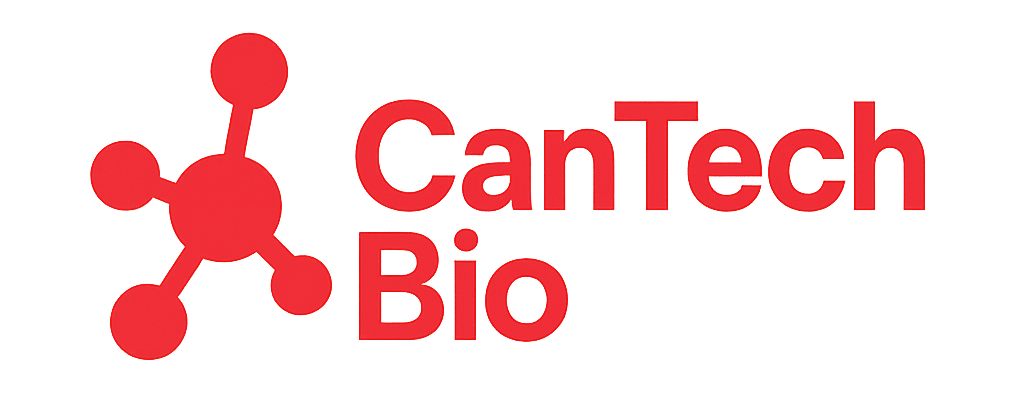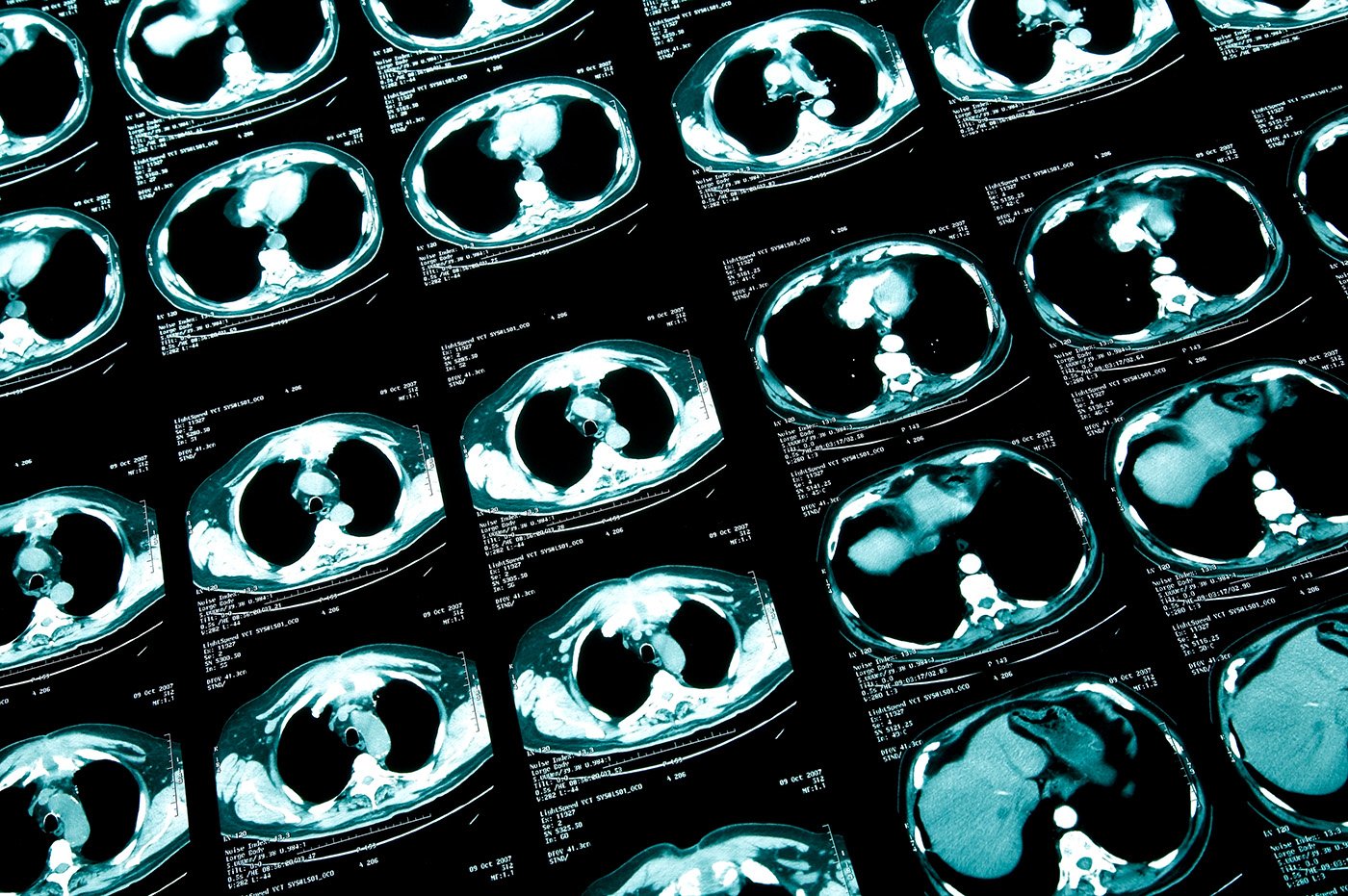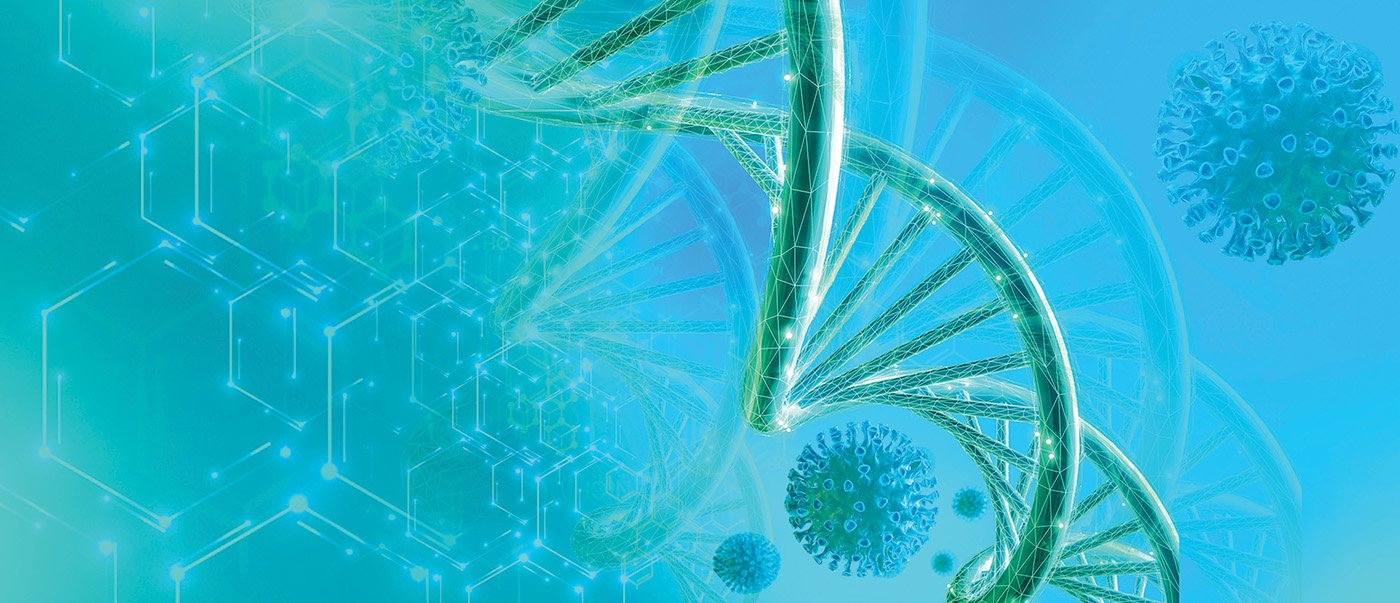There is a high unmet need for accessible, affordable, and high-quality fertility care, as approximately 1 in 6 people are affected by infertility worldwide. While meiotic failure is a major cause of infertility, the lack of an in vitro model for human meiosis has historically been a barrier to understanding its mechanism.
In a new study published in Science Advances titled “Initiation of meiosis from human iPSCs under defined conditions through identification of regulatory factors,” researchers from the Wyss Institute for Biologically Inspired Engineering at Harvard have developed a new stem cell differentiation method to induce meiosis, offering powerful applications for drug development and future fertility treatments.
George Church, PhD, renowned geneticist, core faculty member at the Wyss Institute, and co-corresponding author of the study, emphasizes that healthy eggs and sperm are the product of an extremely complex and error-prone process.
“Our study pushes the envelope in replicating one of its quintessential features in the culture dish,” said Church. “We are in an excellent position now to also find the means to steer cells all the way through the remaining steps of meiosis, which would provide a basis for modeling a number of defects, and creating healthy gametes for individuals who can’t efficiently get there by themselves.”
Church is also a professor of genetics at Harvard Medical School (HMS) and leads the Wyss Institute’s Synthetic Biology Platform. Known as a prolific biotech entrepreneur, Church is tied to dozens of groundbreaking biotech companies, from eGenesis, a pioneer for pig-to-human organ transplantation, to Colossal Biosciences, known for its de-extinction initiatives.
“With the fertility rate in the United States being at a historic low and a growing number of couples struggling with fertility problems in their lives, this advance by George Church’s group offers researchers a new platform for working towards a solution for many of the underlying causes,” said Donald Ingber, MD, PhD, founding director at the Wyss Institute.
In the body, egg and sperm precursor cells transition through the primordial germ cell (PGC) state before entering meiosis. While previous cell culture methods were able to reach the PGC state, the resulting PGC-like cells could not successfully perform meiosis. The new study’s protocol entirely bypasses the PGC state to simplify the process of initiating meiosis.
The researchers also found that inhibiting DNA methylation, which usually suppresses the expression of genes, boosted the efficiency of entry into meiosis. Methyl groups are usually eliminated during the normal development of gametes to facilitate differentiation. The researchers tested combinations of factors in 646,493 individual cells, and found that three regulatory genes, BOLL, MEIOC, and HOXB5, could activate meiosis in their system. Additionally, BCL2, known to stabilize mitochondria, was required to prevent programmed cell death during meiosis induction.
The cells efficiently progressed through the first two stages of meiosis, leptonema and zygonema, over approximately 12 days. By day 15, a few cells reached the third stage, pachynema, but did not progress further. The researchers are currently optimizing their system to allow the cells to proceed all the way through meiosis.
Near-term applications for the new protocol include the development of male contraceptives and testing new drug candidates for potential reproductive toxicities. Merrick Pierson Smela, PhD, first author of the study and former graduate student in the Church lab, is advancing the technology as the chief scientific officer of Ovelle, a reproductive medicine startup that Church supports as a scientific advisor.
* George Church, PhD, will be a keynote speaker at GEN’s upcoming virtual event, The State of Biotech, streaming on September 24, 2025.
The post Stem Cell Differentiation Method Induces Meiosis to Address Infertility appeared first on GEN – Genetic Engineering and Biotechnology News.



